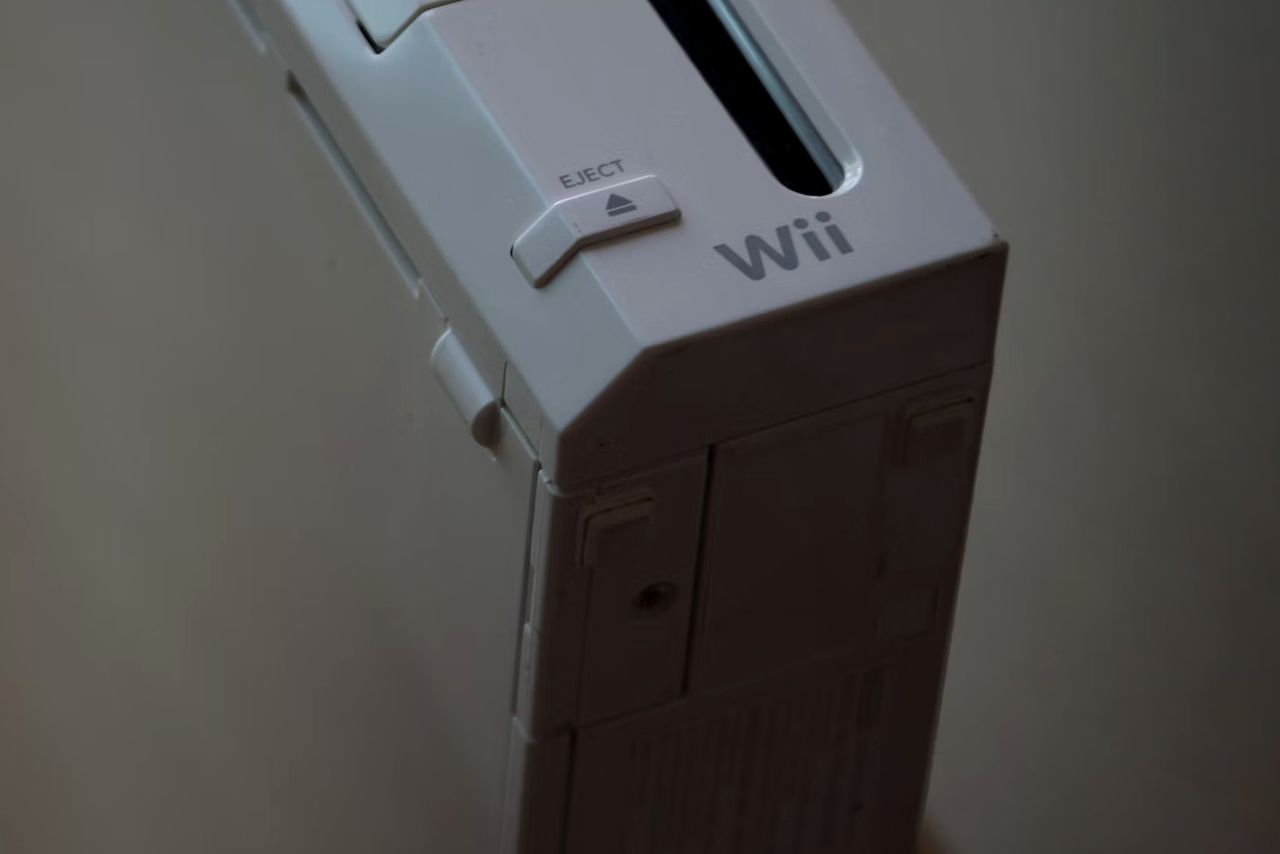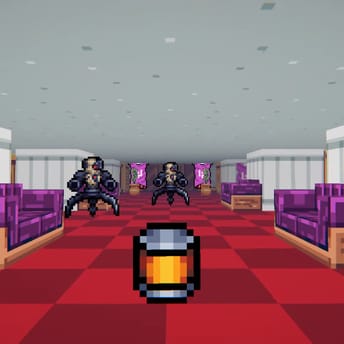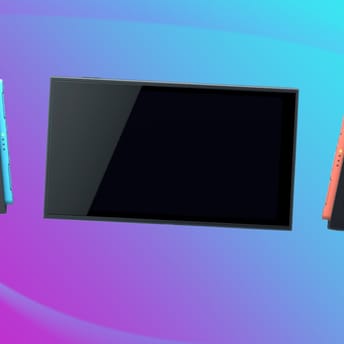Wii Homebrew Channel Shuts Down Amid Accusations of Code Theft

|
|
Key points
- The Wii Homebrew Channel has been shut down after developers confirmed it was based on stolen code.
- The app allowed users to run custom games and software on the Nintendo Wii.
- Legal risks and lack of transparency ended development.
The Wii Homebrew Channel, an unofficial application that allowed users to run custom games and software on the Nintendo Wii, has officially shut down following allegations that its underlying software library, libogc, contains stolen code. The announcement was confirmed after the project’s GitHub repository was archived over the weekend.
According to a statement from homebrew group fail0verflow, which is credited as the creators of the channel, an internal investigation revealed that large portions of libogc were directly copied from Nintendo’s official software development kit (SDK) and other proprietary sources, including the open-source real-time operating system RTEMS. Fail0verflow claims attribution and copyright information were stripped from the RTEMS code, calling the situation a case of “outright deliberate, malicious code theft and copyright infringement.”
“[We] thought that […] significant parts of [the library] were original,” fail0verflow said. The group added that the project’s maintainers showed no interest in addressing the issue or informing the wider community. Fail0verflow went further, accusing the broader Wii homebrew scene of being “built on top of a pile of lies and copyright infringement.”
While installing unofficial software or custom firmware is not technically illegal, projects based on stolen code could face legal challenges. Fail0verflow emphasized that with libogc compromised, it is now “impossible to legally and legitimately compile” the Wii Homebrew Channel or many projects based on it.
Originally launched in 2008, the Wii Homebrew Channel was an unofficial app that allowed users to run custom software, emulators, fan-made games and other applications on the Nintendo Wii without modifying the console’s hardware. It quickly became a cornerstone of the Wii modding community and broader homebrew scene.
Initially, players accessed the Homebrew Channel through an exploit known as the Twilight Hack, which involved loading a specially modified save file for The Legend of Zelda: Twilight Princess. By speaking to a non-playable character that triggered Epona’s customized name — embedded with hidden code — the exploit sideloaded the Homebrew Channel into the Wii’s memory. Nintendo patched this method with System Menu 4.0, but new exploits like Bannerbomb, LetterBomb and others were developed to maintain homebrew access on later firmware versions and even on the Wii Mini.
The Nintendo Wii launched in 2006; initially considered an underdog of the seventh console generation, the Wii quickly became a global phenomenon, ultimately selling over 101 million units worldwide. Its motion-control gameplay and family-focused design helped it compete against the more hardcore-oriented Xbox 360 and PlayStation 3 while also popularizing casual gaming across the industry. Production continued until 2017 in some regions, and the Wii remained Nintendo’s best-selling home console until the Switch eventually surpassed its lifetime sales.













